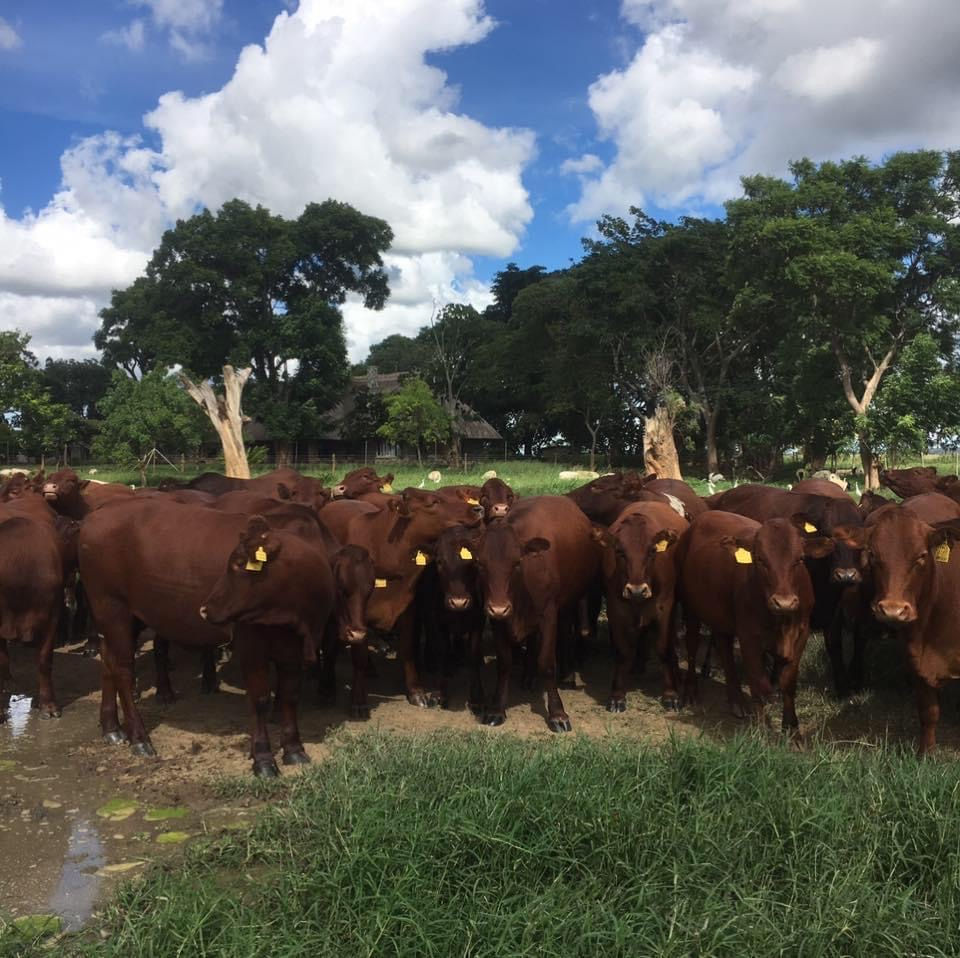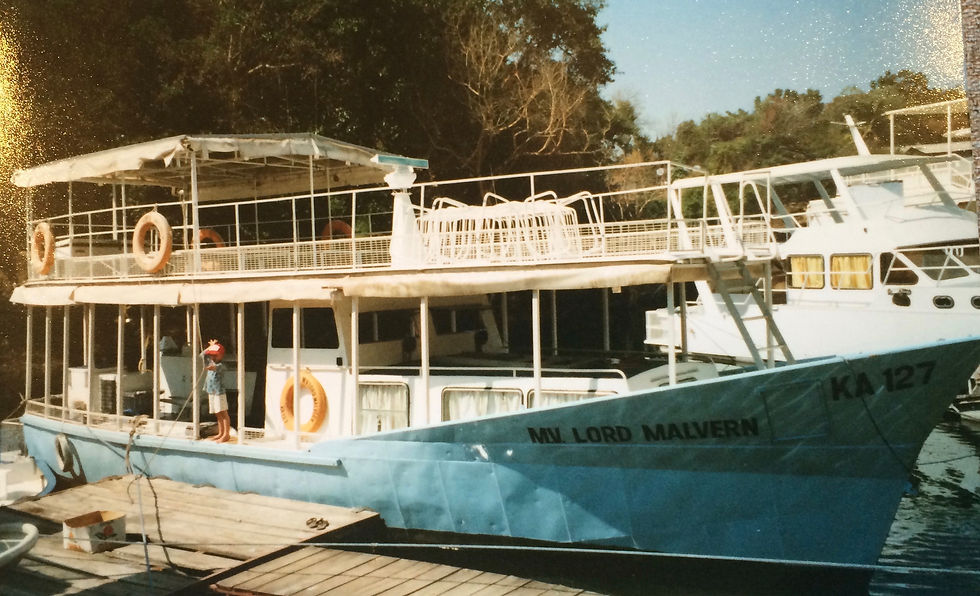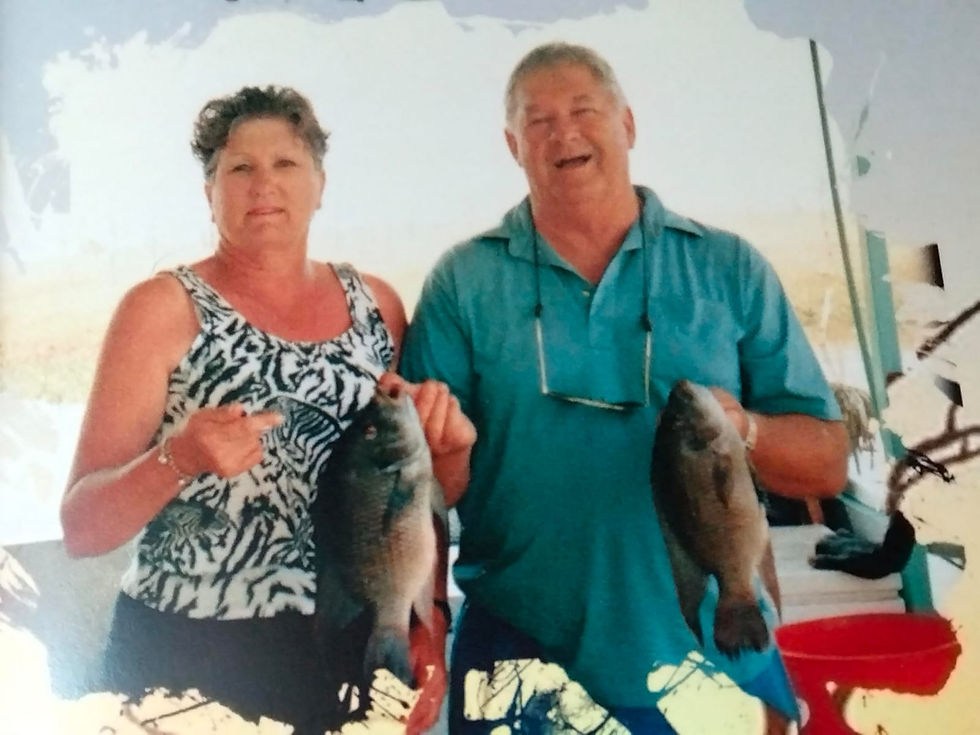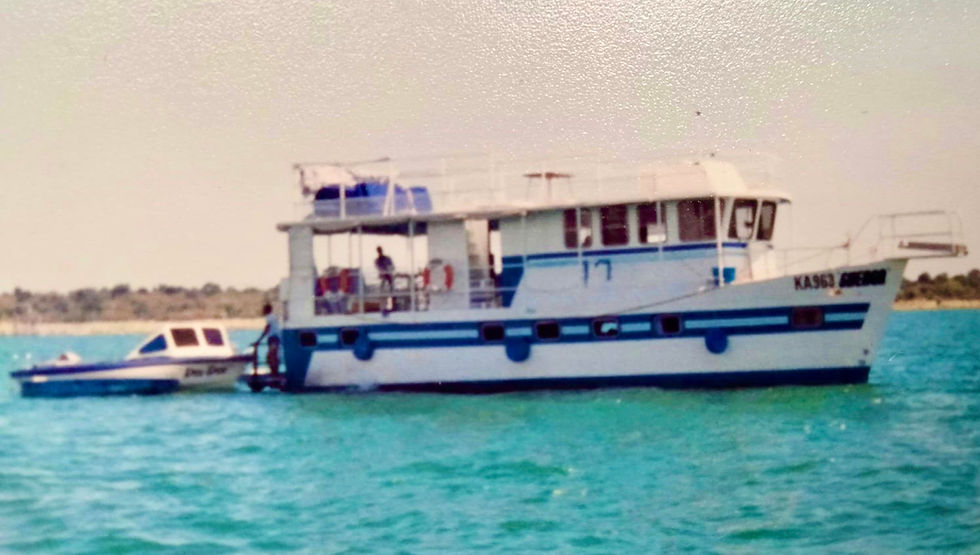
Gout. Name and Shame?
I rarely drink now, half a glass of red wine at lunch and the odd whisky at night. This Sunday, Siobhan Franklin, a friend and ex-work colleague visited us. I, therefore, partook of several glasses of red wine. On Monday I went fishing at Figueira da Foz with John Tidy followed by a rich offal lunch accompanied by a dash of red wine as he was our chauffeur. Monday night, to my great surprise, agonising gout in my big toe to the extent I could not sleep. I can only think it was gout as I never had such sensitive, concentrated pain before in my joints. I may have had mild gout once before, still not sure if it was, this time there was no debate. I now offer my belated sympathy to those who suffered in my presence in the past for my lack of sympathy.
One sufferer that especially comes to mind is Rex Carey, Henry Bezuidenhout's brother-in-law. He ran Henry’s farm when Henry was trying to make real money in Swaziland growing fire-cured tobacco for Casalee. One of the funny stories that came out of Henry’s time down in Swaziland was that his neighbour's wife's sausage dog bit him on his manhood leaving a scar. She was an attractive woman, further his equipment was not so long that a short dog could have reached it to bite. The mind boggles. Many questions, all in fun. His wife, Tinks, was witness to the true story so our unfounded leg-pulling must have been just that.
“On occasion no matter how mindblowing a story may be, at times it is better to accept it as the truth for the good of public order.” - Peter McSporran
Following me having my say about people illegally producing on farms, the reactions I got were interesting. The male ex-farmers agreed with my sentiments, their comments angry rather than emotional. The females, on the other hand, sadly mostly widows, were much more emotional, either very sad about losing their home and others totally frustrated in not being able to do anything about it. The fact that unscrupulous people had moved onto their land had simply added to the mental trauma of losing the farm, home and husband, this appears to be too much for them. I say illegal as even the Zimbabwean government's own laws say we are meant to be compensated for the improvements despite the fact that international law requires compensation for the land. Often their calls, the widows, for clarification to the ‘wealthy squatters’ results in the phone being put down or at best, “I am too busy to talk to you.” One of the most common answers is, “I am out of the country.” How does that impair your ability to talk? Often the ex-farmers, especially the widows feel that at least permission should be asked. The reason for this is hard to define but I think if this is done, there is a hypothetical thread confirming ownership and the hope of compensation.
All, male and female, they were frustrated as there is no law which will protect them from a third party paying the benefactors of their stolen land, including of course their homes. This may well still have many of their furnishings. Wendy Whaley was one of those that called me saying this was her biggest frustration. Funnily enough, I have just recounted in my blog about my friendship with her and Joe. Just a couple of blogs ago. I even included a picture of their magnificent farmhouse which Joe built for his family. He was so proud of it, alongside Wendy’s fantastic interior decorating skills. It was a true country home in every sense of the word. One of the big attractions to me was the built-in cold room ensuring there was always a copious supply of cold beer. Wendy tried calling the said benefactor of their house who is paying the land thief for its use when recently in Zimbabwe. She recieved a short rebuttal, neither denial nor admission to having access to the farm.

A number of the callers to me all said one thing, we seem to be unable to do anything which is frustrating as any payment would relieve our hardship while more importantly, it would be nice to know the squatters acknowledge the farm is still ours by asking for permission. It would appear those benefiting from the land invasions not only have no morals, they also have no fibre. They do not have the courage to admit their wrongdoing.
The other thing a lot of the ladies mentioned was not only were they frustrated but they feared doing anything. Firstly, because there are no legal means in that bandit country and more importantly if they pushed too hard, many of these people who benefit have strong political connections. Some are suggesting a name and shame Blog on Facebook. Any thoughts?
In the mid-nineties when I was president of the CFU the British stopped funding land purchases due to ZANU PF senior party members and their cronies benefiting from more than fifty per cent of the land purchased for resettlement up to that time instead of the smallholder and landless people . Imagine what the outside world thinks about this new tier of claimants to the land.

Rozanne being sharper than me said let's look for the identified woman on Facebook. Sure enough, there on her Facebook page photos appear to show Joe and Wendy’s home in the background. Of interest it seems this certain lady, Lola Verlaque Is living on the Whaley’s farm. This was brought to my attention also by third parties with a number of sources mentioning this as being the name of the person living the life as if they bought it from the previous legal owners. I have included the two pictures of the cattle on the farm showing Joe and Wendy’s house in the background. I may be wrong, those that know the house, have a look. If I am found to be wrong in my conclusion I will happily offer a public apology on this blog. Oh. Just heard that she is in the courts trying to get the original illegal benefactor off the property. Hope it's costing them lots of money. I am happy to name others if the rightful owner and two others substantiate the claim.
Kariba Fun
I think it was in late 1980 that I did my first houseboat trip on Lake Kariba. I had visited previously and often went small-boat fishing but had never before gone on a large boat that sleeps its passengers. For those that do not know, Lake Kariba is the largest man-made lake by capacity in the world although others are larger in surface area. Kariba is two hundred and twenty kilometres long and forty kilometres wide. Its surface area is five thousand five hundred square kilometres. To put that in perspective, Loch Lomond, the largest surface area loch in Scotland is only seventy square kilometres. As you can imagine, it can get very rough very quickly in summer storms which are always accompanied by heavy rain and strong wind, luckily disappearing as quickly as they come.
Because of its size, Kariba was then fast becoming an attractive holiday alternative to the beaches of South Africa as it did not require precious foreign currency to enjoy. To this end people started to build houseboats. I should mention houseboats on Kariba are not like the mobile boat caravans in Europe which are mostly static. There, they move and are either mono-hull or pontoon vessels, most capable of travelling between eight to ten knots, some considerably faster.

My first such trip was on my second father-in-law’s boat, the Lord Malvern. Like many of the early boats on the lake, it had been a government boat utilised during the filling of the lake for the transfer of people and provisions. Similar to the Arc which was used in Rupert Fothergill’s animal rescue operations. Bob Cary, my father-in-law bought the Lord Malvern while the Searle brothers bought the Arc.
In starting to write about Kariba capers I was reminded about an earlier one I had in the late seventies during the war. This particular long weekend, my in-laws then, the Belinsky’s, invited Diane and I to join them at the Cutty Sark Hotel on the banks of the Lake. The Cutty Sark was probably the best hotel there at the time, especially for meals. Every Saturday night they would have dinner dances. Rhodesians loved dinner dances. We all remember them weekly at the La Fontaine. Meikles, when we had money and when not, Highlands Park was great value, both with live bands. Of course, most hotels offered this at least once a month.

At that time Peter Anderson ran a Cessna float plane. One afternoon following a boozy lunch with him and Jeremy Eastwood, an army mate and a few others, we thought it would be a good idea to go for a swim on the other side of the lake, that is the Matusadona bank. We threw a crate of beers in the back and took off, a fine afternoon on the quick forty-odd kilometre trip across. Once there, we stupidly tied the plane to a tree and all went swimming. There were crocodiles there but not the number now which has been boosted by releases from crocodile farms. Now there are far too many. It did not take long for the beers to run out so our brave leader, the pilot suggested we buzz the Sea Lion which was a ferry carrying booze. They ran booze cruises out of Kariba, our plan was to ask them for a resupply of beer. The ferry, when buzzed did stop and we all swam to collect the resupply as the plane could not go alongside due to the wings. Of course, we paused for a chat and a beer while unbeknown to us a gentle breeze had commenced. No problem, three beers per hand we set off after the plane which was drifting away. Luckily a couple of the guys, including the pilot, were reasonably strong swimmers. I have never been and after a couple of submersions to the concern of the revellers on the ferry, Jeremy dragged me onto the plane’s float. The wind was now a storm, we took off for our return to Kariba where it was even worse. Once again, to the entertainment of those drinking at the Round Bar at the Caribbea Bay, we made an extremely bouncy landing. My wife Diane and the pilot's wife did not think it entertaining from the reception we received.
Back to Kariba. Henry Bezuidenhout, Keith Boshi, a well know restauranter, Tys Visser, a South African racehorse trainer, myself and another chap who I cannot remember set off with Bob on his boat, the Lord Malvern for a five-day fishing trip. The Lord Malvern had also been used as the mother ship for operations on Kariba during the war, being utilised as a base by speed boats armed with machine guns to prevent terrorist incursions and also to deploy special forces on external operations into Zambia. Bob had been the skipper during this time, leaving the farm to be looked after by his wife Shirley. The outcome of this was that the boat, now for pleasure, remained well equipped with sonar and radar allowing it to safely travel at night. That first day we travelled overnight as the trip from Harare had frequent comfort stops at suitable hostelries making us late for departure. Off we set with Bob at the helm, while we drank and finally slept in the early morning in time to wake up some hundred kilometres up the lake at Paradise Island in the Sengwe Basin. The next day we headed to our planned fishing area in the Sengwe River experiencing the rough waters of Kariba for the first time. The waves were splashing over the foredeck, a good lesson for my future trips on the lake, especially in smaller boats. Not all of us kept our beer down. Beware of the weather at all times, on Kariba calm to storm takes minutes.
“As a general rule on a Kariba fishing trip the amount of beer drunk on the first night equates to what will be drunk on the remaining five nights.” - Peter McSporran
We had a wonderful fishing trip, catching plenty of bream. As yet the rivers were free of poachers and therefore unnetted. Things would change but Kariba still offers great fishing.

This trip whetted my appetite and following an invitation by the Bells, Chris and Lorraine, on a brand new boat called the Sabi Star, my appetite was whetted for spending as much time on Kariba as possible. Chris and Lorraine farmed in our area, he being in charge of our local security base during the war. Lorraine and he were great entertainers with their parties second to none, she an excellent cook, her banoffee pie has never been beaten in my mind. Unfortunately, I think Chris used to spend too much time on selfless community service for the farming district and eventually sold up and moved to town to open a business to our loss. However, this was after many trips to Kariba upon the Sabi Star and on the boat, he and I bought in syndication with others, The Shenga. A boat licensed to carry and sleep fifteen people at forty-five feet long, weighing forty-five tons. Those trips to Kariba were the happiest of our lives with my daughters often joining us on trips from a very early age. Naturally, you always had to be on your guard as crocodiles were known to take the unwary from the back of the boat, although we would all swim in the middle away from the shore. Those were the days.

Disclaimer: Copyright Peter McSporran. The content in this blog represents my personal views and does not reflect corporate entities.
Comments